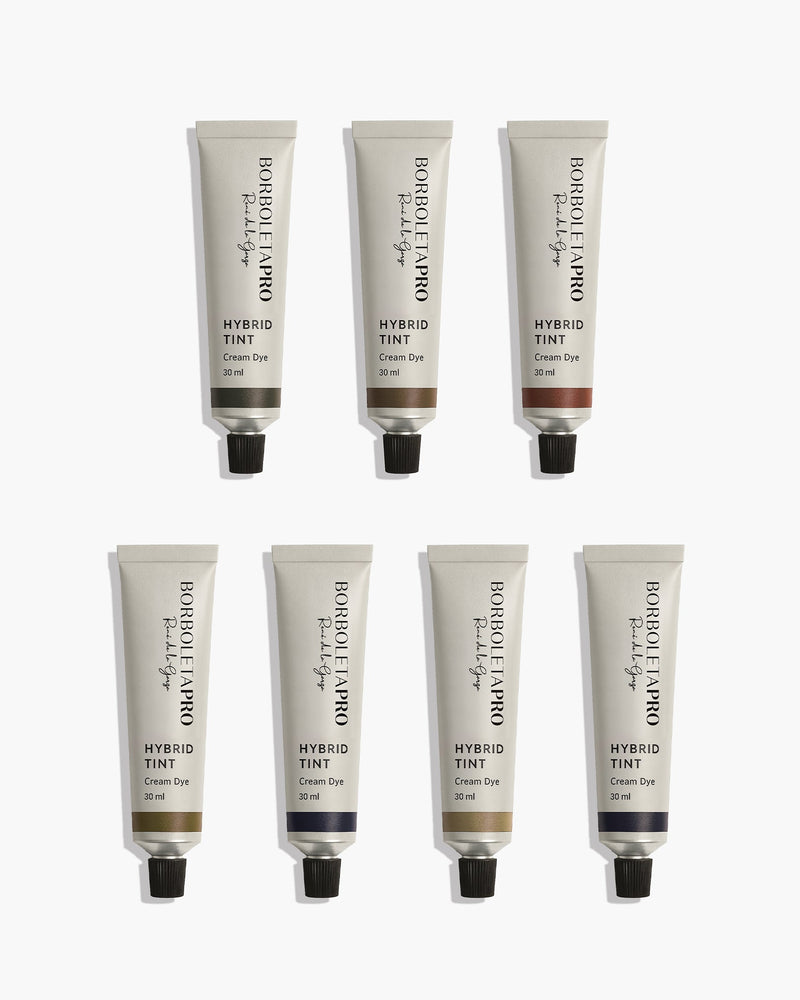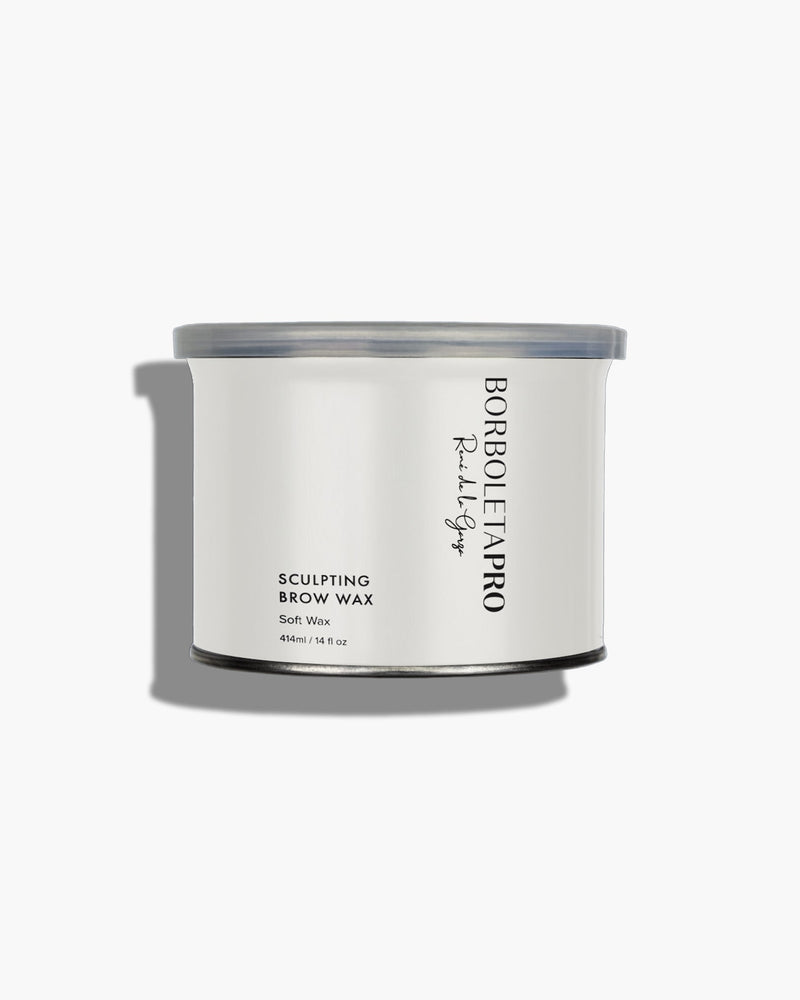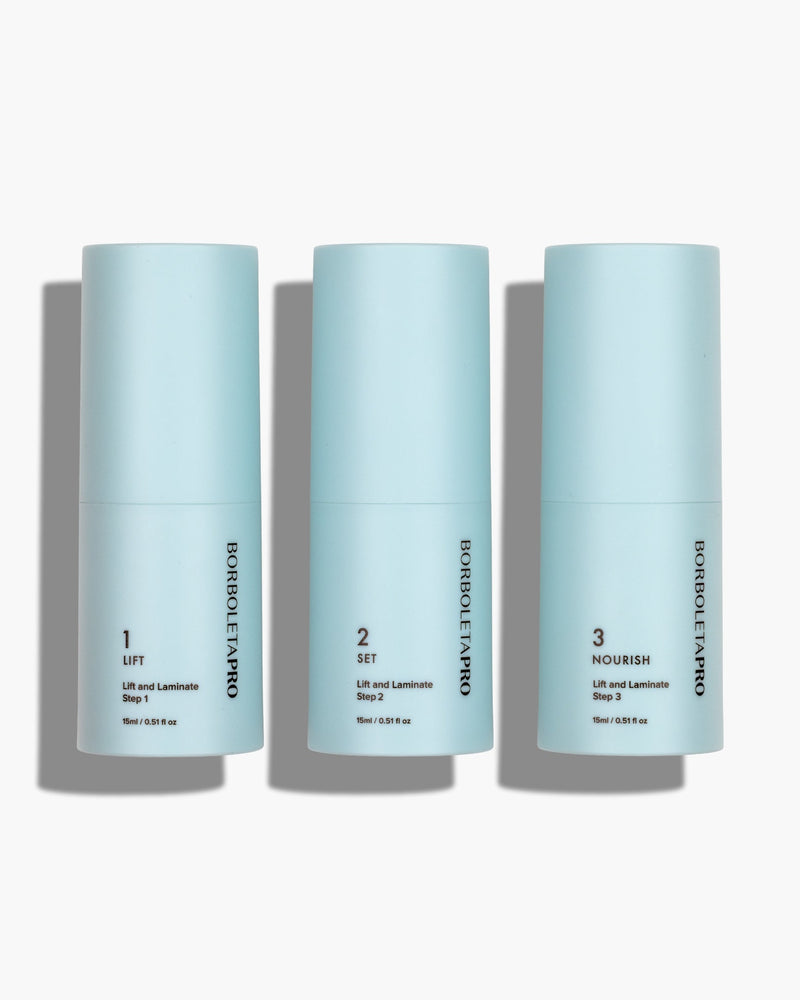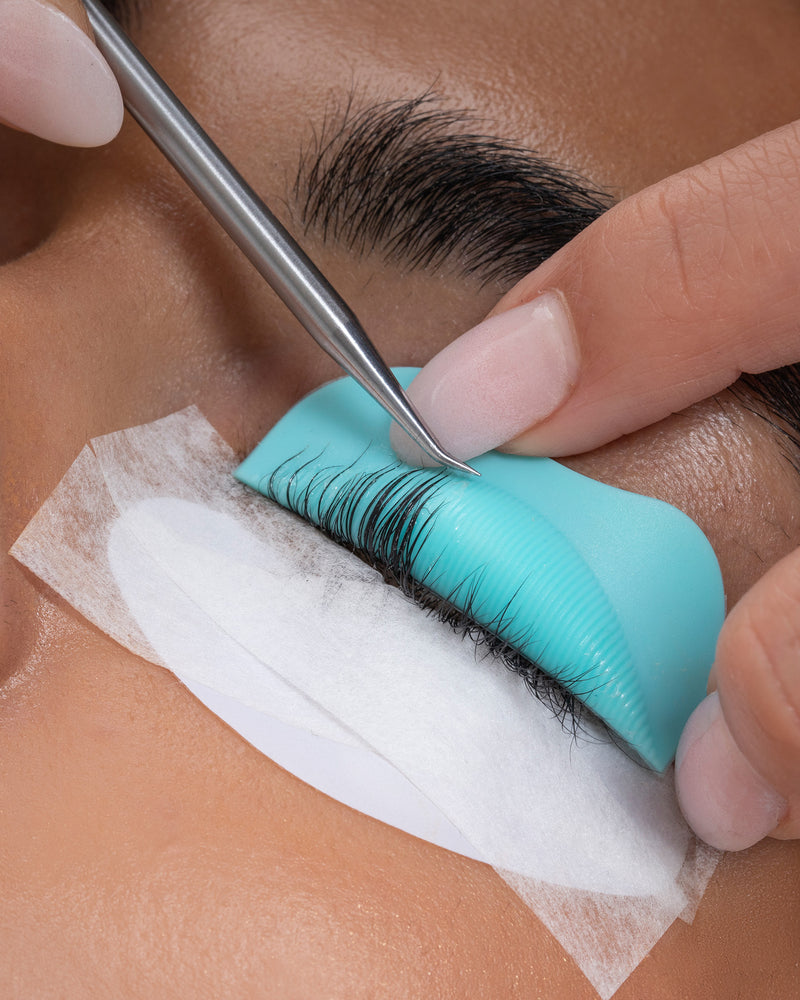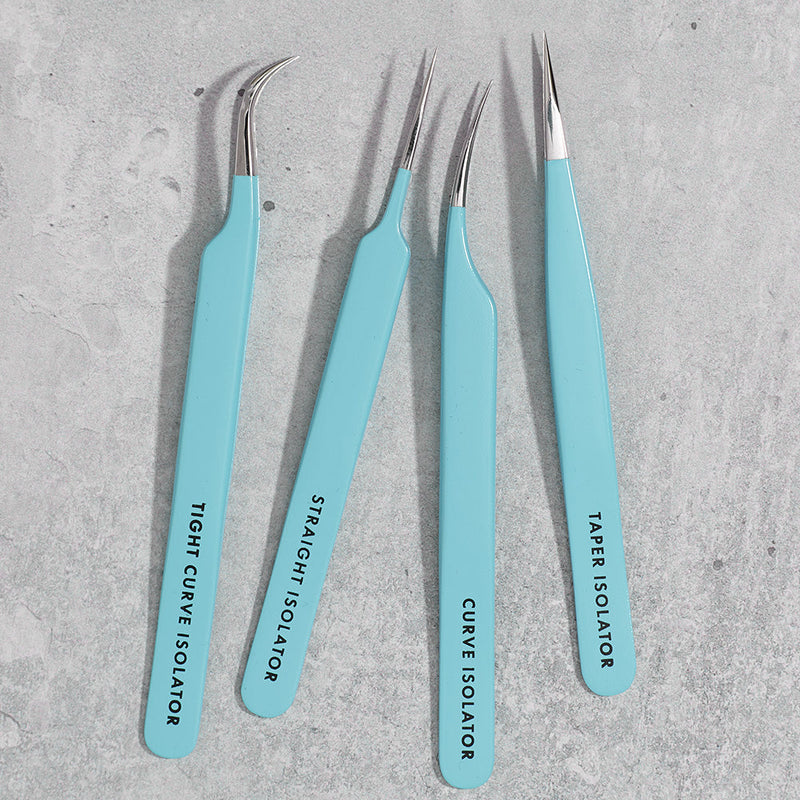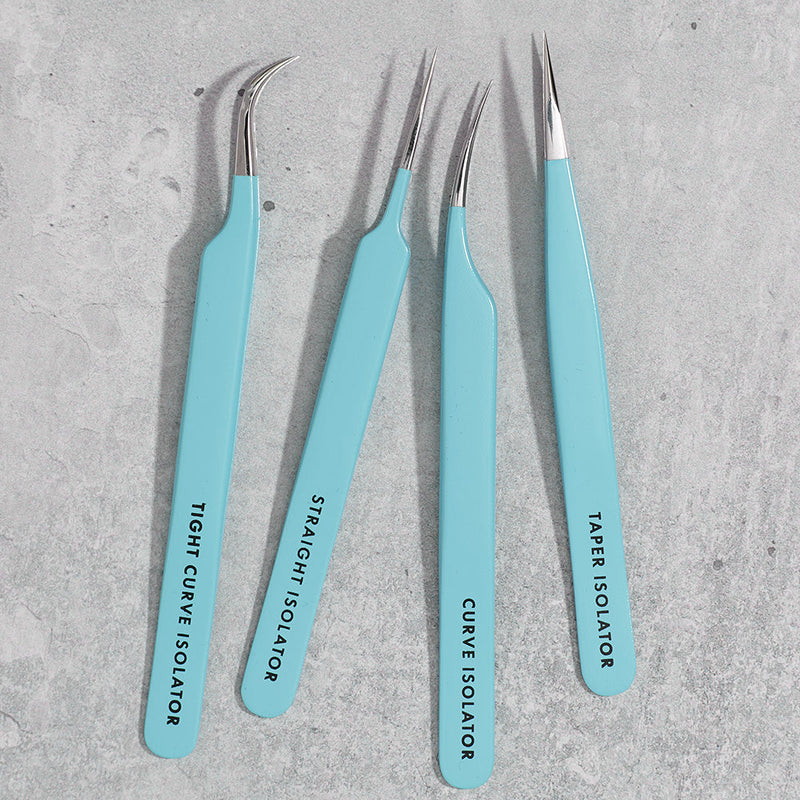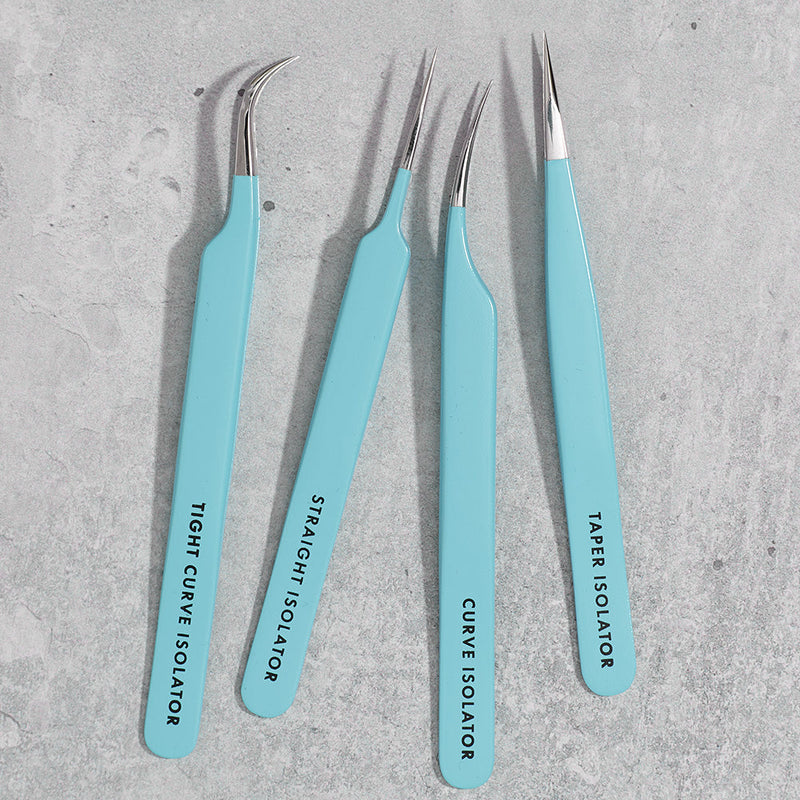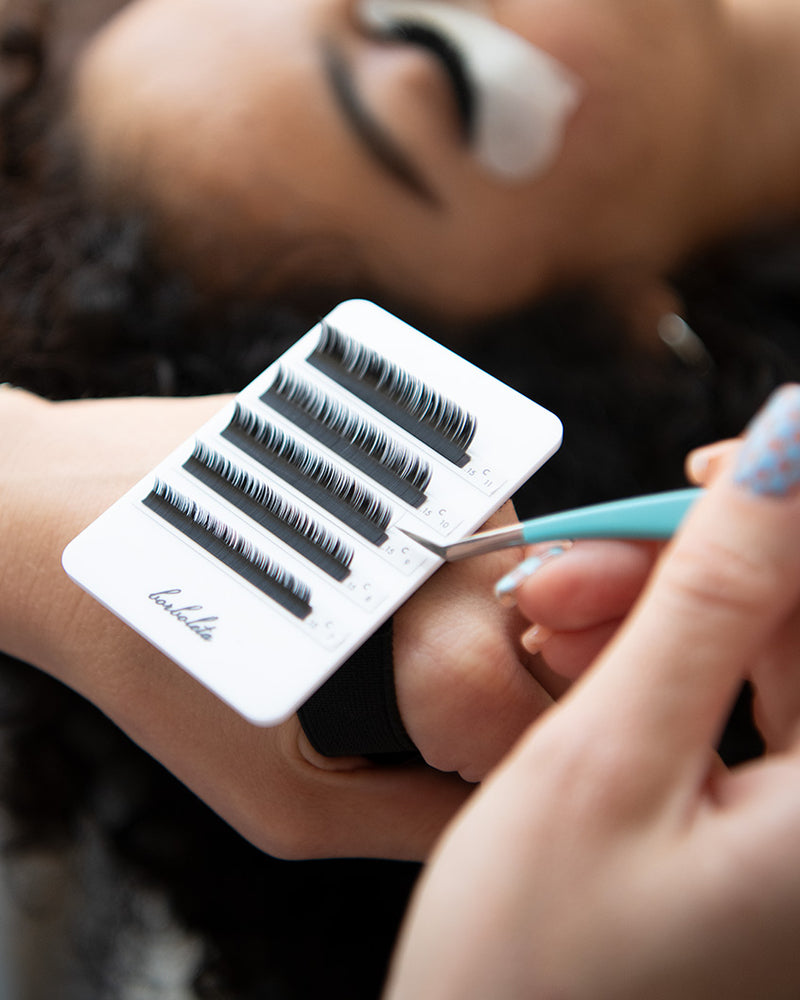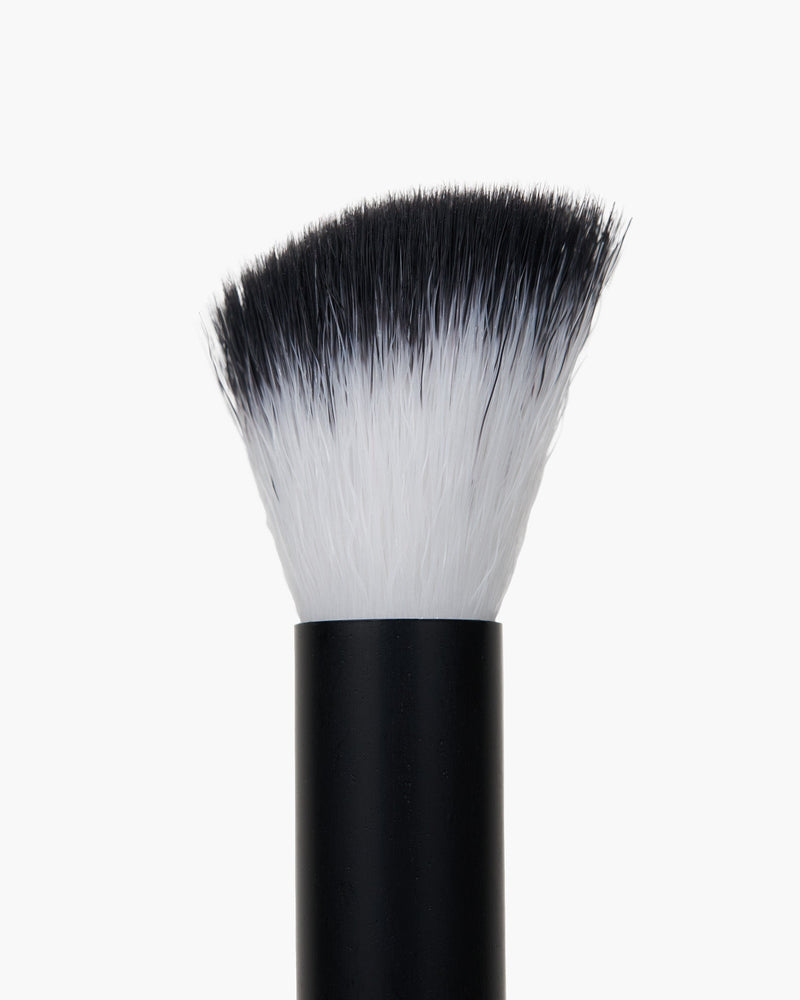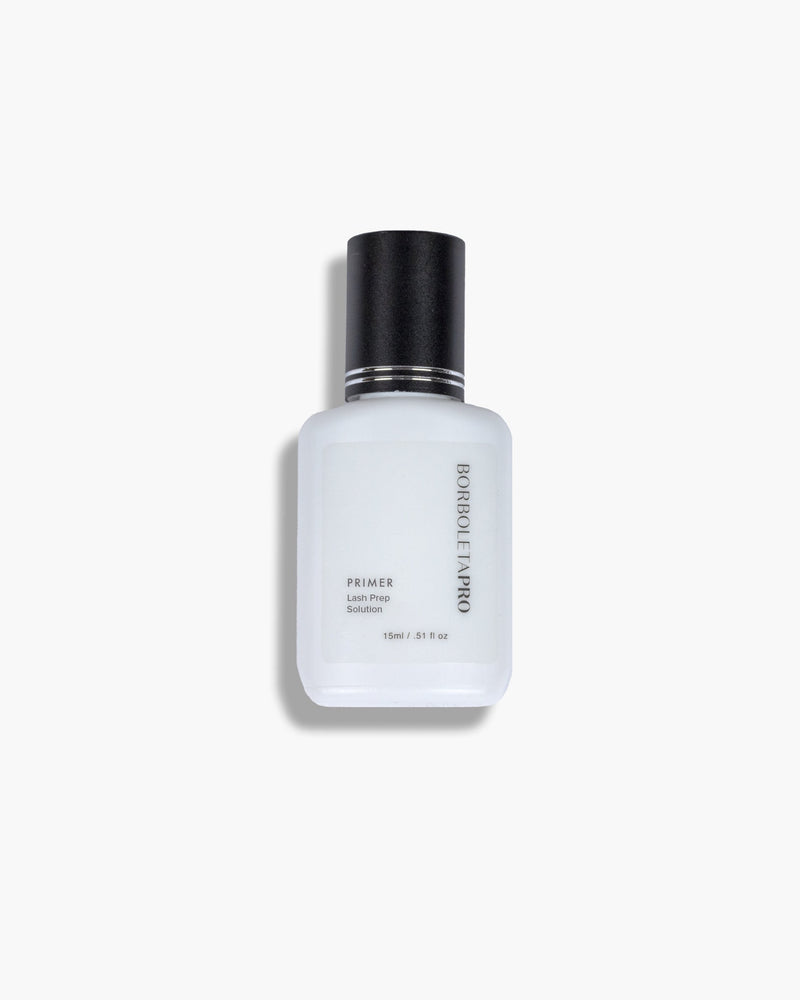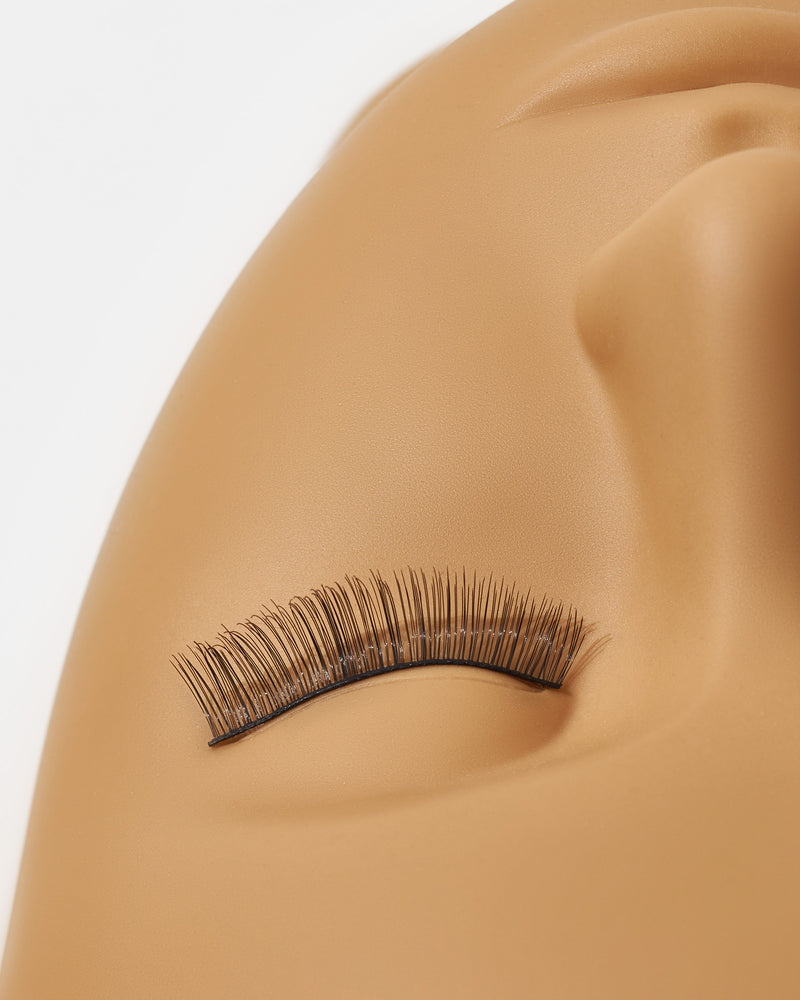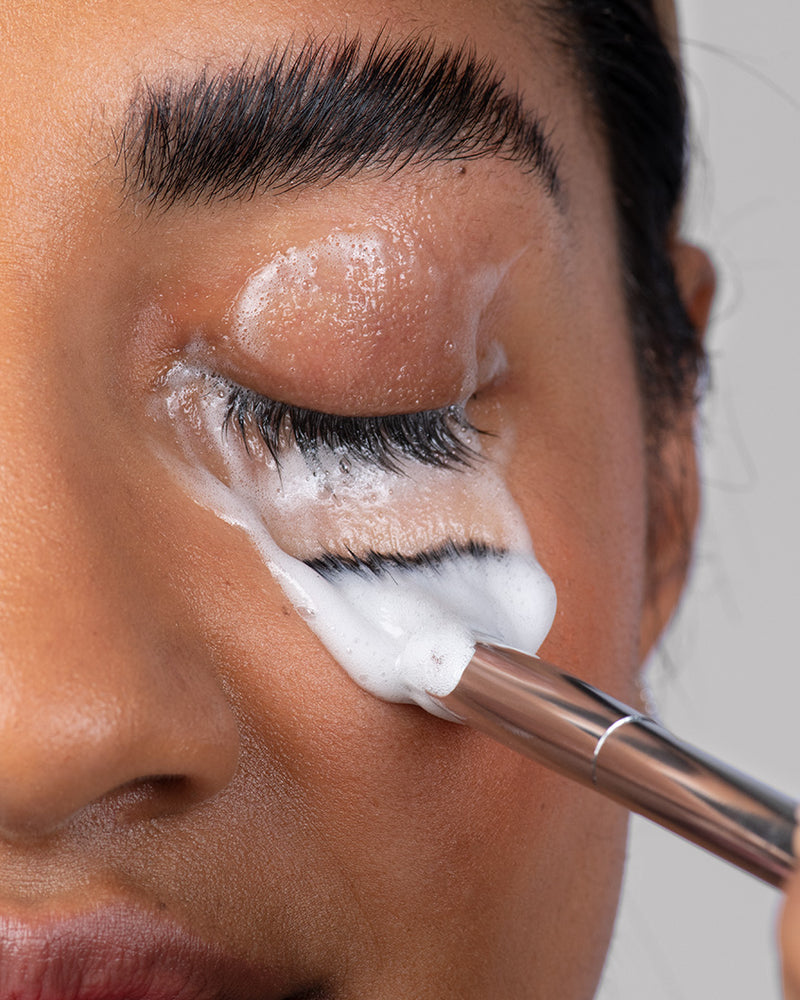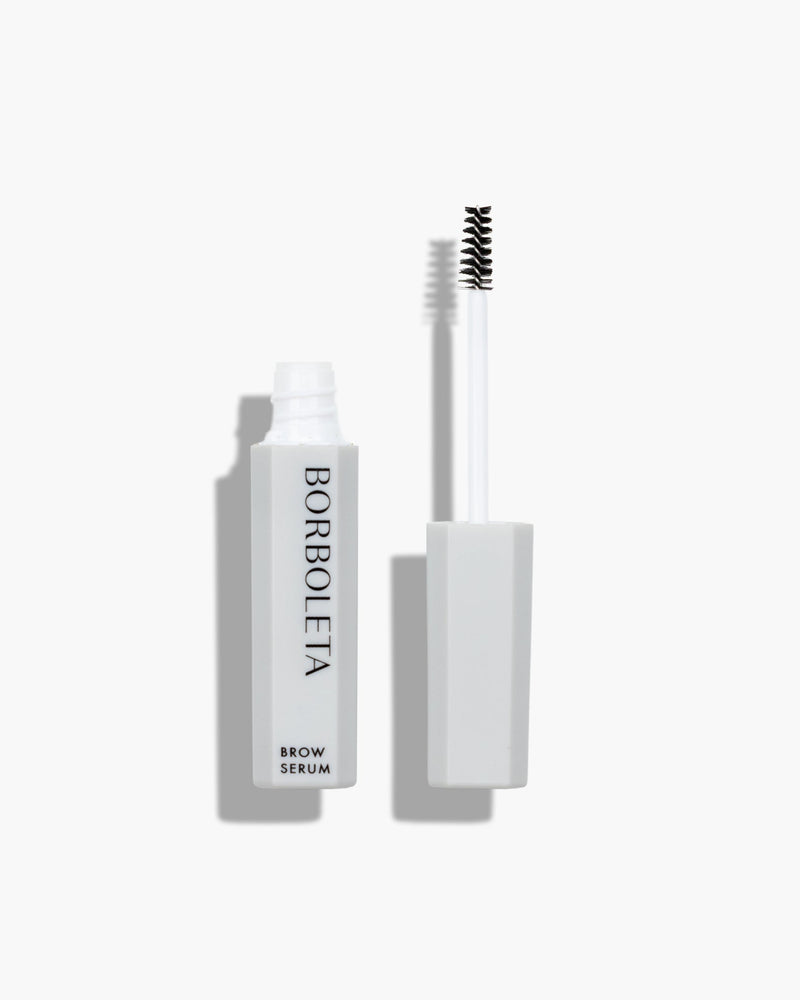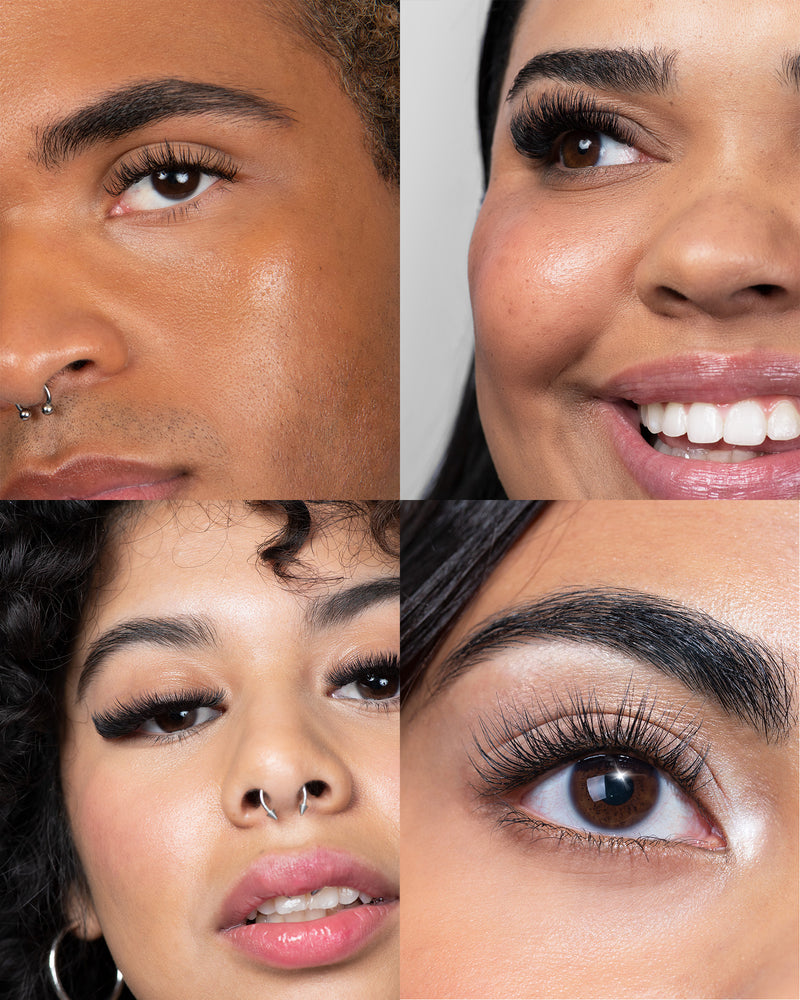- LookbookGet inspired by the latest lash looks and dive into the artistry trends that we’re obsessing over.
- TutorialsFreshen up on your fundamental classic and volume techniques with our tutorial editorial.
- Product + SafetyGet the lash lowdown on all things product and safety from our resident lash experts.
- Latest
tutorials
What Qualifications Do You Need to Open a Beauty Salon or Spa? A Complete Guide.

Opening a beauty salon or spa is an exciting opportunity for passionate professionals. However, success in the beauty ownership industry requires more than great customer service and technical skill, it also demands careful attention to legal, professional, and business qualifications. Understanding these requirements not only ensures smooth operations and legal compliance, but also builds credibility and strengthens your professional reputation. Meeting these requirements safeguards your business and clients, preventing costly mistakes and positioning your salon or spa for lasting success.
It’s important to note that requirements can vary widely depending on where you live, the services you plan to offer, and the type of business model you choose. This guide will walk you through the essentials so you know what to prepare before launching your beauty business.
From Stylist to Owner: Different Qualifications Apply
One of the first things to understand is that there’s a big difference between being licensed to work in a salon and being qualified to own one. As a stylist or technician, your license proves your skill and dedication to your craft. You’ve invested the time, completed the training hours, passed the exams, and in many states, continue learning through ongoing education. That license is your ticket to create beauty and transform lives behind the chair.
But stepping into salon or spa ownership opens up an entirely new chapter. Instead of just delivering services, you become the visionary who brings it all together. You may not need a professional license yourself if you’re not working on clients, but you will be the one responsible for building the foundation that allows your team and business to thrive. That means securing business licenses, ensuring safety compliance, setting up financial systems, managing employees, and creating an environment where creativity and professionalism shine.
In short, owning a salon or spa elevates you from professional to leader. It’s not just about meeting requirements, it’s about embracing the opportunity to shape a business that reflects your passion, protects your future, and inspires everyone who walks through your doors.
Choosing Your Business Structure and Name
Before applying for any licenses, you’ll want to determine the business structure that best fits your goals. Will you operate as a sole proprietor, form a partnership, establish an LLC, or incorporate? Each option carries different implications for taxes, liability, and ownership, so it’s wise to consult with a business advisor or accountant before making your decision.
Once that’s in place, you’ll need to select and register your business name. This is more than a branding decision; it’s a legal one too. Start by checking your state’s business registry to confirm the name is available. Then, take it one step further and search the U.S. Patent and Trademark Office (or your country’s equivalent) to make sure your chosen name doesn’t infringe on an existing trademark. This extra step protects your brand and saves you from costly legal disputes later.
Licenses, Permits, and Legal Requirements
No matter where you’re located, opening a salon requires several layers of licensing and permits. Most salon owners will need:
-
An Employer Identification Number (EIN) for payroll and taxes.
-
A general business license issued by the city or county.
-
Zoning approval and building permits to ensure your location is legally allowed to operate as a salon.
-
Health and safety permits to comply with sanitation and hygiene regulations.
-
A salon establishment license, typically issued by your state’s cosmetology board.
-
A sales tax permit if you plan to sell retail products.
-
Professional licenses for any staff performing services, such as cosmetology, esthetics, nails, or lash extensions.
Since every city, county, and/or state sets its own rules, it’s essential to confirm requirements with your local authorities. For example, some states require a separate establishment license, while others combine it with the business license. And for services like lash extensions, the requirements vary from state to state.
Specialized Service Certifications
As a salon owner it is important to be aware that some services require additional specialized training. Lash extensions, for instance, sometimes require a lash technician certification. Advanced skincare may require an esthetician or medical aesthetics license. Nail services require a nail technician license, and chemical treatments may call for additional safety training.
Even if you don’t personally provide these services, you’ll need to ensure your staff hold the proper certifications for the services they are offering, before they can legally work with clients.
Health, Safety, and Compliance Standards
Maintaining strict sanitation and safety standards is not optional, it’s a legal and ethical obligation. Salon owners must follow state health codes and Occupational Safety and Health Administration (OSHA) standards to protect both clients and employees. This includes proper sterilization of tools, safe chemical handling, and workplace safety protocols. Many salons also require staff to maintain CPR and First Aid certifications to handle emergencies.
Beyond Licenses: Business and Management Skills
While legal qualifications are non-negotiable, it’s often your business and leadership skills that determine whether your salon simply survives or truly thrives. Courses in finance, marketing, and operations can give you the tools to keep your salon profitable and sustainable. HR knowledge is equally valuable, since you’ll be guiding your team through hiring, training, and development. And of course, strong customer service skills help you create an unforgettable client experience that keeps people coming back.
But don’t stop there, some of the best insights and motivation come from stepping outside the classroom. Talk to other salon owners and professionals in the beauty industry. Learn from their journeys, their wins, and even their challenges. You’ll find that their stories can inspire and guide you as you shape your own path.
Another powerful step is to join local business or entrepreneur groups. These communities connect you with like-minded people, offer valuable networking opportunities, and surround you with the encouragement and accountability you need as you grow. When you combine formal learning with real-world connections, you’re not just building a salon, you’re building confidence, community, and long-term success.
Financial Preparedness and Ongoing Education
Owning a salon isn’t just about passion, it also requires a significant financial investment. From the moment you begin planning, it’s crucial to understand the financial side of business. You’ll need to estimate startup costs, secure funding, and set up systems for managing payroll, taxes, and inventory. A strong grasp of financial literacy not only keeps your salon running smoothly, it also makes you more attractive to lenders and investors who want to see that you’ve prepared a solid business plan and understand the numbers behind your vision.
Part of protecting your investment means making smart decisions about the furniture, equipment, and tools that will power your salon every day. Cutting corners on quality might save money up front, but durable, professional-grade equipment will last longer, create a safer environment, and provide a better client experience. Research your options, compare suppliers, and don’t be afraid to ask other professionals what’s truly worth the investment.
And remember, your financial responsibilities don’t end once the salon is open. Ongoing expenses like product replenishment, staff training, and maintenance should all be part of your budget. On top of that, qualifications don’t stop at opening day. Many states require continuing education hours for licensed professionals, and staying ahead of industry trends ensures your salon remains competitive and exciting. Investing in your education, and encouraging your team to do the same, pays off in new techniques, fresh services, and a reputation for excellence that keeps clients loyal.
Opening a beauty salon is not just about starting a business, it’s about bringing your vision to life, creating a space where clients feel confident and cared for, and building a brand that reflects your passion for the industry. While the journey comes with important responsibilities, choosing the right business structure, protecting your salon’s name, and securing the proper licenses; these steps are simply the foundation for something bigger. By pairing legal and professional requirements with strong business skills, creativity, and a commitment to growth, you’ll be positioned to build a salon that thrives, delights clients, and leaves a lasting impact in your community.
Here at Borboleta we are here to support you every set up the way with quality lash products and education. We are always on your side cheering you on!!


